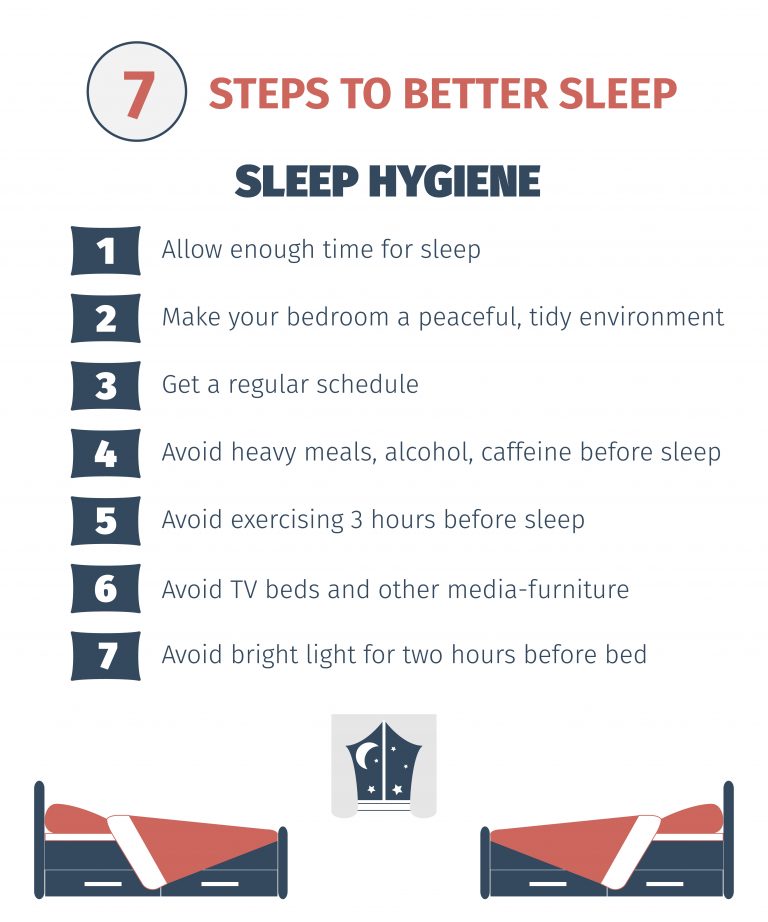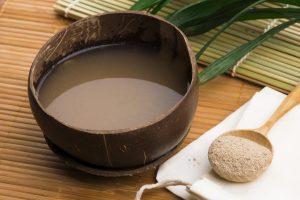According to research, approximately 30% of all US adults will experience difficulty falling or staying asleep. In addition, 10% will suffer from chronic insomnia (Healthline). Many people find that work, family, finances, and other stressors not only keep them awake, but disturb their biorhythms or natural sleep cycles. Lack of sleep can contribute to depression, weight gain, irritability, anxiety, forgetfulness, high blood pressure, a weakened immune system, decreased sex drive, loss of balance, and even accidents. Cannabis for insomnia has been reported to help users fall asleep, stay asleep, and wake more refreshed than prescription medications – without that sleeping pill hangover or other weird side effects.

The Studies
- A 1973 study conducted in the United States and published in the journal Psychopharmacology revealed that THC, administered in a 20mg dose, helped patients fall asleep, reducing the time required to achieve sleep by more than an hour [ … ]
- A 1981 study published in the Journal of Clinical Pharmacology and conducted using human subjects reported that 160mg of cannabidiol, or CBD, helped patients gain “significantly more” sleep than a placebo.
- A 1986 study conducted by the American Society for Pharmacology and Experimental Therapeutics and published in Pharmacological Review found that THC, in doses of 10, 20, and 30mg, helped patients fell asleep faster.
- A 2010 human trial study conducted at McGill University in Montreal and published in the journal Anesthesia and Analgesia reported that nabilone, a synthetic cannabinoid, was effective as a sleep aid for those suffering from fibromyalgia. (Columbia Care)
Now before you get all excited and run to the dispensary willy-nilly, there are some things to bear in mind. See the cannabis plant isn’t just a one-size-fits-all herb, and you need to take the time to learn about the different characteristics of the plant in order to make an informed decision and begin to try different strains to find what works best for you.
Things to Know
CBD
CBD has been shown to increase alertness when the lights are on, and the same study showed no effects on sleeping when the lights are off. This may not be good for someone with insomnia, but if you suffer from somnolence or daytime sleepiness, it might be just what you need. Those of us who take CBD for the alertness and increased focus should keep this in mind when planning our daily dosing – the last thing you want to do is wake your brain up just before you go to bed. However, some people who experience anxiety at bedtime may benefit from CBD’s calming effects which allows the person to fall asleep. Others report that CBD does not make them sleepy but allows them to fall asleep faster and stay asleep longer. This may not apply to everyone; cannabis reactions are highly individualized.
Strains
Not all strains of cannabis are equal. Some folks do really well with an Indica-heavy bedtime dose, while others may find it keeps them awake (or, in the case of some PTSD sufferers, it may trigger flashbacks or nightmares). Differences in terpene presence and levels can also affect how a particular strain helps you sleep. It’s helpful to keep a diary in the beginning noting what kind of reactions you have to different strains so you can make wise decisions in the future.
CBN
Aged cannabis helps you sleep better. It actually contains CBN ( cannabinol) which is highly sedating. However, it takes time to form – up to three years or maybe longer. Some cannabis practitioners specialize in making sleep preparations from aged cannabis for people who experience chronic insomnia.
Terpenes
Other terpene-containing compounds can help cannabis work more effectively. Think lavender, chamomile, melatonin, hops … they can help you relax as well and partner with the cannabis to give you even better rest.
PTSD Sufferers
For PTSD sufferers, the fact that cannabis can interfere with REM sleep could be a blessing in disguise. It can actually minimize the dream state and help lessen or eliminate flashbacks and nightmares. It also helps make dreams less vivid.
Sleep Apnea
Cannabis has even been proven to help patients with sleep apnea. THC moderates serotonin in the brain, which affects breathing stability. This leads to better and more restful sleep, as well as a decrease in the after-effects of sleep apnea including headaches, difficulty paying attention, daytime sleepiness, moodiness, and a higher chance of daytime accidents. (Leafly)
Effective Bedtime Dosing
There are several options for dosing cannabis at bedtime. Many people smoke or vape. Others use tinctures or oils. Still others consume edibles. For lots of us, a combination of at least two of these routes may be most effective.
Sublinguals
A sublingual tincture or oil, taken at bedtime, will be absorbed rapidly and enable you to relax. Because it goes right to the brain, you may find this has the most rapid onset of all. That being said, it will also wear off more quickly than other routes.
Vaping or Smoking
Vaping or smoking can take longer to feel than a sublingual dose, but it will last a bit longer. I’ve found that when I use this method, I often wake up a couple times at night and need to re-dose. Some folks don’t mind this, but others will have difficulty going back to sleep once they’re awake, so they may want to try another route.
Edibles
Edibles, whether you make them from scratch or put some concentrate in a spoonful of peanut butter or in an ice cream sundae, can take up to 90 minutes for full effectiveness. This is balanced out by how long you continue to feel the effects of the medication. Depending on your metabolism, the dose, and the strain, you can benefit from using edibles for 6-8 hours or in some cases even longer. These are best utilized by ingesting the edible at least an hour before you plan to go to bed so it has time to kick in and do its job. With time, you can learn exactly how your body responds and time your dose to maximize its benefits for your situation.
Have a Routine
Having some kind of bedtime routine can be very helpful in addition to using cannabis. Your body and mind will adjust to new habits and reacts appropriately. Using the correct strain, dosage, and route of cannabis along with establishing a pattern of actions before bed can aid you in unwinding before your head hits the pillow, enabling you to fall asleep more quickly and wake feeling more refreshed.
Avoid a Canna-Hangover
While cannabis doesn’t cause the side effects of many prescription drugs, you can wake up with a bit of a hangover. To help this, make sure to get plenty of fluids, participate in regular recreational activities or exercise, and avoid overindulging. Occasionally changing routes or taking a short break can be helpful as well. It may take some experimentation but with persistence and patience many people find that cannabis helps them sleep better, wake more rested, and function more effectively during their daytime hours.
Considerations for Seniors
Senior citizens often suffer with insomnia. One study shows that up to 50% of people over 55 get tired earlier, sleep less deeply, and suffer more interruptions during the night than their younger counterparts. (Better Health While Aging) This can lead to irritability, moodiness, frustration, depression, an increase in accidents (both in vehicles and related to loss of balance and falls), and confusion. Finding a way to sleep better and feel more alert when awake can become a real problem for those who don’t have access to cannabis.
Prescription medications affect the elderly differently than they do younger people because the body processes the medicine differently, often eliminating it more slowly or causing unwanted side effects. Patients may end up using alcohol as a sedative because they don’t like the effects of sleeping pills. As a result they may experience confusion, an increase in accidents, and affect their ability to take care of themselves. Using cannabis as a sleep aid can help our elderly family members rest better, feel more refreshed when they wake up, and enable them to be more active and participate in their own care more effectively.
Start Low, Go Slow
The most important thing for the elderly population to remember when using cannabis for sleep is to start with a very low dose and build up slowly. Since our bodies change as we age, eliminating drugs more slowly, even those who used cannabis in the past ( think the 60s and flower children) may need a smaller dose to obtain the same effects they did in their youth. It is much easier to increase the amount you take if necessary than it is to backpedal and try to undo taking too much. Keep peppercorns, CBD oil, lemon juice, and chamomile tea on hand to counteract a greenout. Watch a movie, call a friend, or just relax and ride it out. The effects will pass with time. You may even be able to sleep it off.
Insomnia hits people in all stages of life, from the rich to the poor. Having a natural alternative to chemical sedatives is something many of us can benefit from if we learn to use it correctly and in moderation. Facing the day rested and ready to go can make a huge difference in how we cope with our lives.






